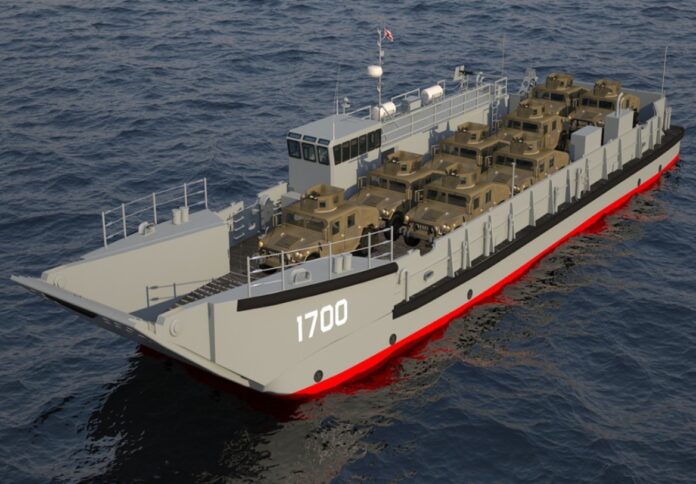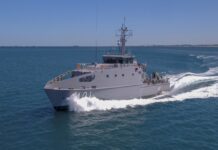
Austal Australia and Greenroom Robotics have formalised a strategic commercial partnership, building on the success of their recent Patrol Boat Autonomy Trial (PBAT) conducted for the Royal Australian Navy.
This partnership aims to further develop cutting-edge watercraft-based products and autonomous technologies that could reduce crew requirements, enhance safety, and enable remote operation of Austal-designed vessels.
The collaboration between the two companies began during the PBAT, where both platform and navigation autonomy solutions were demonstrated on a decommissioned Armidale-class patrol boat.
The new Strategic Partnership Agreement (SPA) will see Austal Australia and Greenroom Robotics continue to refine these innovations and pursue additional opportunities, Austal said in a news release.
Dr Glenn Callow, chief technology officer at Austal Australia, emphasised the importance of this partnership, stating, “The Patrol Boat Autonomy Trial highlighted Austal and Greenroom Robotics’ respective expertise in naval platform integration and navigation systems. This Agreement allows us to build on those lessons and create practical, autonomous solutions for future vessels.”
Callow also noted the alignment with broader military objectives, particularly the AUKUS alliance, adding, “This Agreement aligns directly with the AUKUS Pillar 2 objective to develop advanced military capabilities, including autonomy. We believe our collaboration will contribute to the future of Australian, UK, and US naval vessels.”
Greenroom Robotics Chief Technology Officer Harry Hubbert expressed enthusiasm for further development, especially following the success of their Greenroom Robotics Advanced Maritime Autonomy (GAMA) software during PBAT.
“PBAT allowed us to install, test, and operate our GAMA software, successfully navigating the patrol boat in a series of remote and autonomous tests off the coast of Western Australia,” Hubbert explained.
“GAMA worked seamlessly with Austal’s platform management system, MARINELINK, providing safe operation, even during collision avoidance exercises.”
Hubbert continued, “We’re excited to continue this collaboration with Austal, exploring new opportunities for optionally crewed vessels that may contribute to meeting AUKUS objectives.”



















